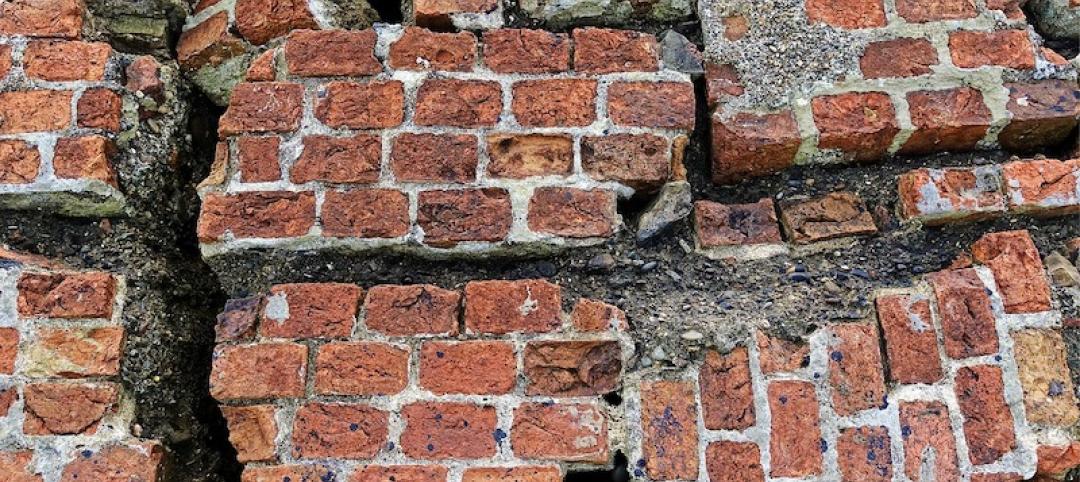The International Code Council (ICC) is revising its code development process to provide more in-depth scrutiny of code change proposals.
The changes will take effect in 2024-2026 for the development of the 2027 International Codes (I-Codes). They will move the development process to an integrated and continuous three-year cycle.
In the new timeline, the first year will include two Committee Action Hearings for Group A Codes; year two will include two Committee Action Hearings for Group B Codes; and year three will be the joint Public Comment Hearings and Online Governmental Consensus Vote for both Group A and B Codes.
“The addition of the second Committee Actions Hearings in year one and two will foster a more in-depth vetting of code change proposals, allowing an opportunity for the committee members to review and evaluate the original proposals and consider the submitted responses,” according to an ICC news release. “This also provides more opportunity for proponents to build consensus for their code change proposal and ensure the best version of their intended improvement to the existing codes.”
With combined Public Comment Hearings in the third year, voting members will be able to vote on all suggested changes to the next edition of the I-Codes at one time, the release says. The updated process also provides more opportunity for proposed new referenced standards to be developed and finalized on a consistent timeline regardless of the group (Group A or B) with which they are associated.
Related Stories
Codes and Standards | Mar 23, 2020
Florida legislature passes bill to reduce retainage on state and local projects
House and Senate vote is nearly unanimous; law would go into effect Oct. 1.
Codes and Standards | Mar 20, 2020
Feds prod use of eminent domain to force people out of flood-prone homes
Local officials that don’t comply could lose federal money to combat climate change.
Codes and Standards | Mar 19, 2020
ASHRAE provides COVID-19 resources for operating, maintaining HVAC systems
Includes recently approved position document on Airborne Infectious Diseases.
Codes and Standards | Mar 19, 2020
CaGBC launches new version of its Zero Carbon Building Standard
Version 2 draws on lessons from more than 20 zero carbon projects.
Codes and Standards | Mar 16, 2020
Concrete industry reduces carbon footprint by 13% over five years
Result mostly due to more efficient use of Portland cement.
Resiliency | Mar 13, 2020
Feds push use of eminent domain to force people out of flood-prone homes
Local officials that don’t comply could lose federal money to combat climate change.
Codes and Standards | Mar 12, 2020
Design guide for sloped glazing and skylights updated for first time in 30 years
Helps with choosing proper glass for non-residential applications.
Codes and Standards | Mar 11, 2020
Two tree species native to the Northeast found suitable for CLT
Eastern white pine and eastern hemlock pass strength testing.
Codes and Standards | Mar 10, 2020
Prescient receives ICC certification for seismic resilience system
Technology suitable for buildings up to 12 stories in earthquake-prone areas.
Codes and Standards | Mar 6, 2020
Design firms creating plans to re-imagine D.C.’s tidal basin
Area including National Mall is facing increased flood risk.

















